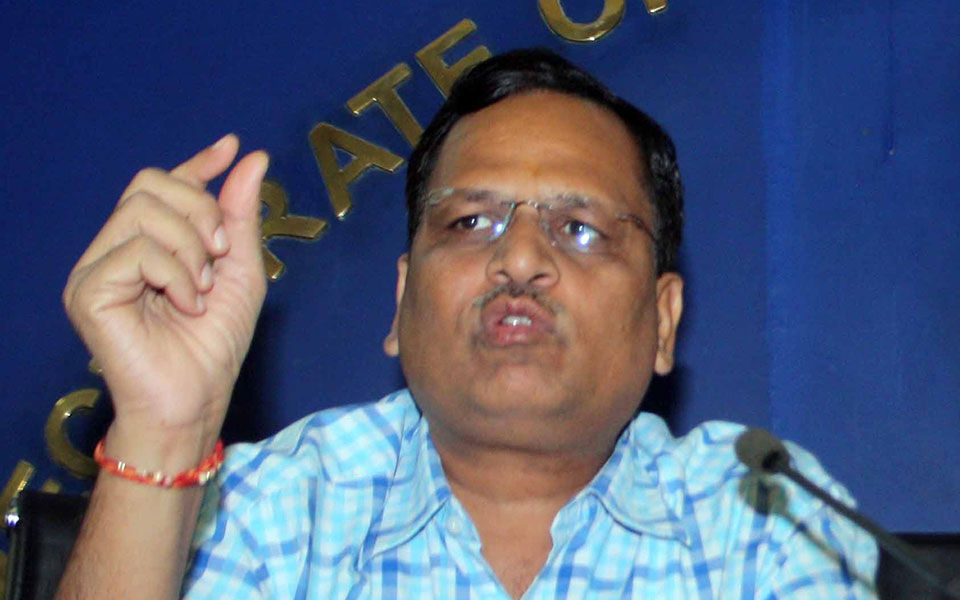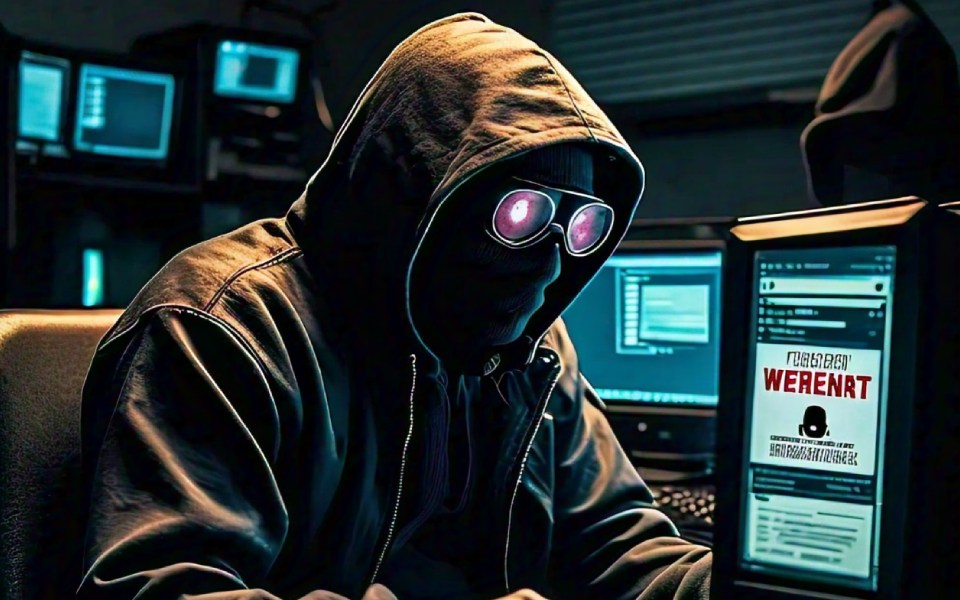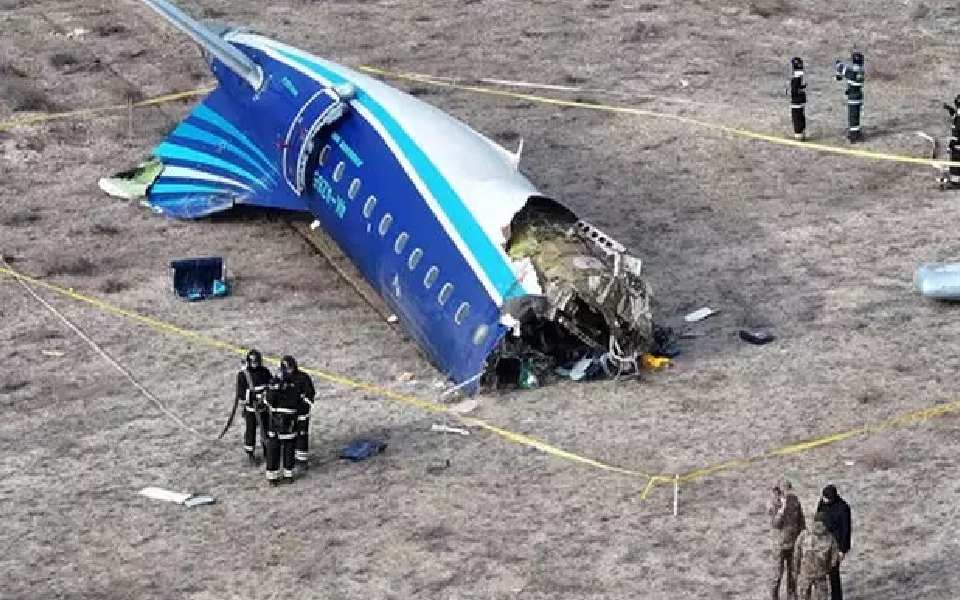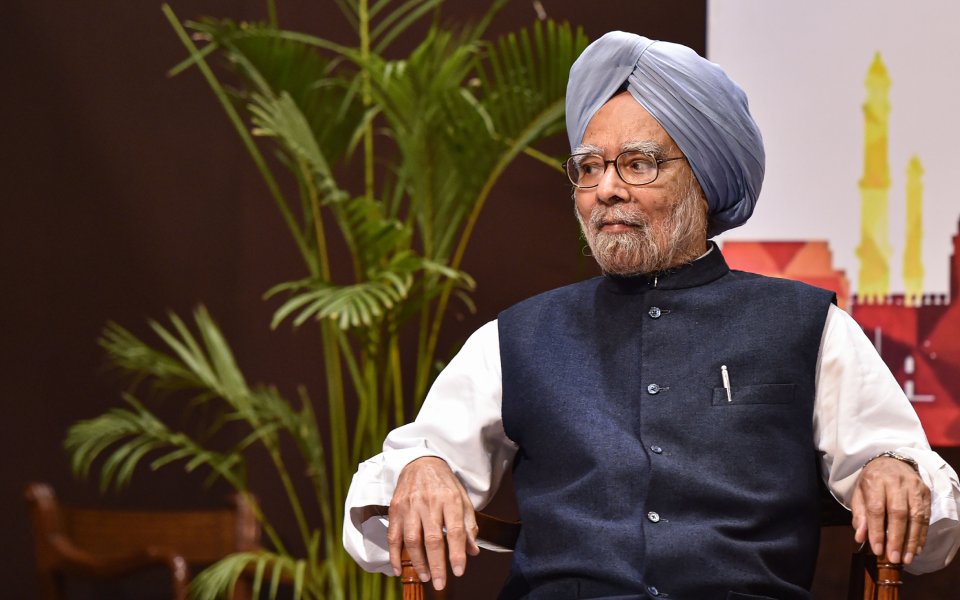New Delhi, May 30: The Central Bureau of Investigation on Wednesday raided the residence of Delhi Health and Power Minister Satyendra Jain in connection with hiring of creative teams for Mohalla clinics, schools and other such programmes.
"CBI raids my house for hiring creative team by PWD (Public Works Department). Professionals were hired for different projects. All were forced to leave by CBI," Jain said.
Last year, CBI had initiated a preliminary enquiry related to the hiring of 24 architects without following the laid-down rules and norms.
Reacting to the raid on Jain's residence, Chief Minister Arvind Kejriwal tweeted: "What does PM Modi want?"
Delhi Deputy Chief Minister Manish Sisodia while quoting a report said that NITI Aayog favoured these creative teams.
"The Aam Aadmi Party is not going to stop with these practice," he said.
On Monday, CBI closed a case against Jain related to the hiring of his daughter for Mohalla Clinic.
In August last year, a corruption case was filed against Jain.
The raids were going on till 10 a.m.
The case has been registered against Jain, S.K. Srivastava, the then Engineer-in-Chief in PWD and others, a CBI official said here.
Let the Truth be known. If you read VB and like VB, please be a VB Supporter and Help us deliver the Truth to one and all.
Bengaluru, Dec 26: A Japanese national, Hiroshi Sasaki, who works in Bengaluru, lost Rs 35.5 lakh after being 'digitally arrested' by cyber fraudsters, police said, on Thursday.





